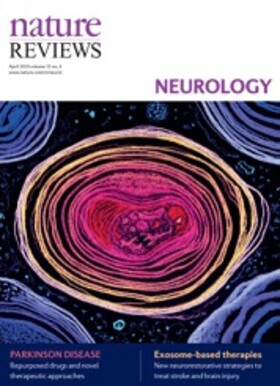Publikation
Sex differences in Alzheimer disease – the gateway to precision medicine
Zusammenfassung
Alzheimer disease (AD) is characterized by wide heterogeneity in cognitive and behavioural syndromes, risk factors and pathophysiological mechanisms. Addressing this phenotypic variation will be crucial for the development of precise and effective therapeutics in AD. Sex-related differences in neural anatomy and function are starting to emerge, and sex might constitute an important factor for AD patient stratification and personalized treatment. Although the effects of sex on AD epidemiology are currently the subject of intense investigation, the notion of sex-specific clinicopathological AD phenotypes is largely unexplored. In this Review, we critically discuss the evidence for sex-related differences in AD symptomatology, progression, biomarkers, risk factor profiles and treatment. The cumulative evidence reviewed indicates sex-specific patterns of disease manifestation as well as sex differences in the rates of cognitive decline and brain atrophy, suggesting that sex is a crucial variable in disease heterogeneity. We discuss critical challenges and knowledge gaps in our current understanding. Elucidating sex differences in disease phenotypes will be instrumental in the development of a 'precision medicine' approach in AD, encompassing individual, multimodal, biomarker-driven and sex-sensitive strategies for prevention, detection, drug development and treatment.
Sex differences in Alzheimer disease – the gateway to precision medicine


